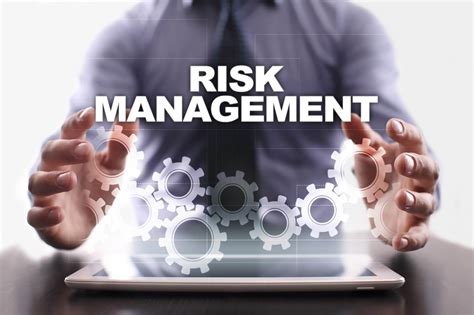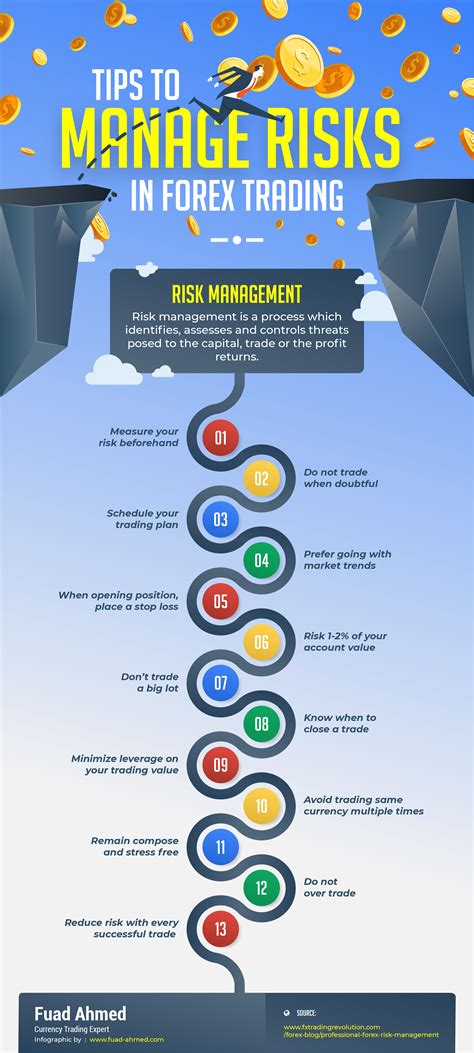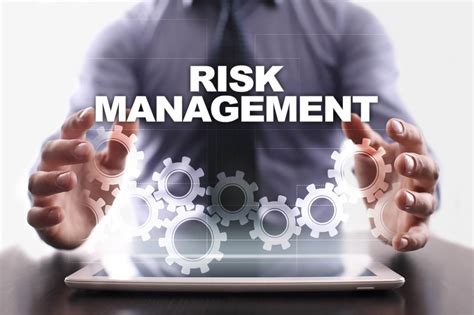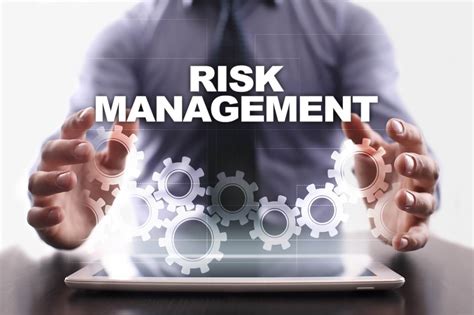Master Forex Risk Management and Achieve Trading Success
Master Forex Risk Management and Achieve Trading Success
Understanding Forex Risk Management

Forex trading is a complex game that requires extensive knowledge and experience. If you want to achieve trading success, then you must learn how to manage the risks associated with forex trading. The essence of forex risk management is to minimize your losses while maximizing your profits.
Risk management is about identifying, analyzing, and prioritizing risk factors that may affect your trading decisions. You need to develop a risk management plan that outlines your strategy for dealing with different types of risks, such as market risks, operational risks, and credit risks.
Types of Forex Risks

Before you can develop an effective risk management plan, you need to understand the different types of forex risks that you may encounter. Some common types of forex risks include:
- Market Risk: This is the risk that your forex position will lose value due to changes in the exchange rates.
- Credit Risk: This is the risk that one of the parties involved in the trade will default on its obligations.
- Operational Risk: This is the risk that you will suffer losses due to mistakes, errors, or system failures.
- Liquidity Risk: This is the risk that you will not be able to sell your forex position at the desired price due to lack of liquidity in the market.
Developing a Risk Management Plan

To master forex risk management and achieve trading success, you need to develop a comprehensive risk management plan that includes the following steps:
- Identify the risks: You need to assess the likelihood of different risks occurring and their potential impact on your trades.
- Analyze the risks: You need to evaluate the risks based on their likelihood and potential impact and prioritize them accordingly.
- Manage the risks: You need to implement measures to mitigate the risks, such as using stop loss orders, diversifying your portfolio, or using hedging strategies.
- Monitor and review the risks: You need to regularly monitor your risk management plan and review it periodically to ensure that it remains effective and relevant.
Importance of Forex Risk Management

Forex risk management is critical to achieving trading success for several reasons:
- Minimizing losses: By managing the risks associated with forex trading, you can minimize your losses and protect your capital.
- Maximizing profits: By mitigating risks, you can take advantage of trading opportunities and maximize your profits.
- Building confidence: Knowing that you have a solid risk management plan in place can give you the confidence to make better trading decisions.
- Reducing stress: Managing risks can help you reduce the stress associated with forex trading by providing you with a structured approach to dealing with uncertainty.
Conclusion and Suggestion

In conclusion, mastering forex risk management is essential if you want to achieve trading success. By understanding the different types of risks associated with forex trading, developing a risk management plan, and regularly monitoring and reviewing your plan, you can minimize losses, maximize profits, and build confidence in your trading decisions.
My suggestion is to take the time to learn about forex risk management and develop a comprehensive risk management plan that aligns with your trading objectives and risk tolerance. Don’t be afraid to seek help from experienced traders, mentors, or professional risk management consultants if you need guidance or support in developing your plan. Remember, the key to successful forex trading is not just about making profits, but also about managing risks effectively.







